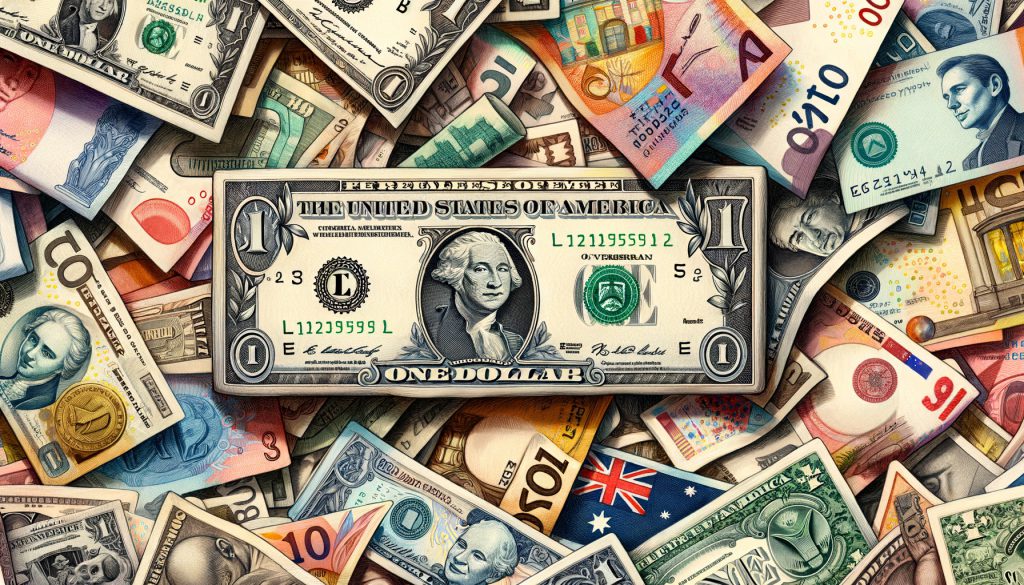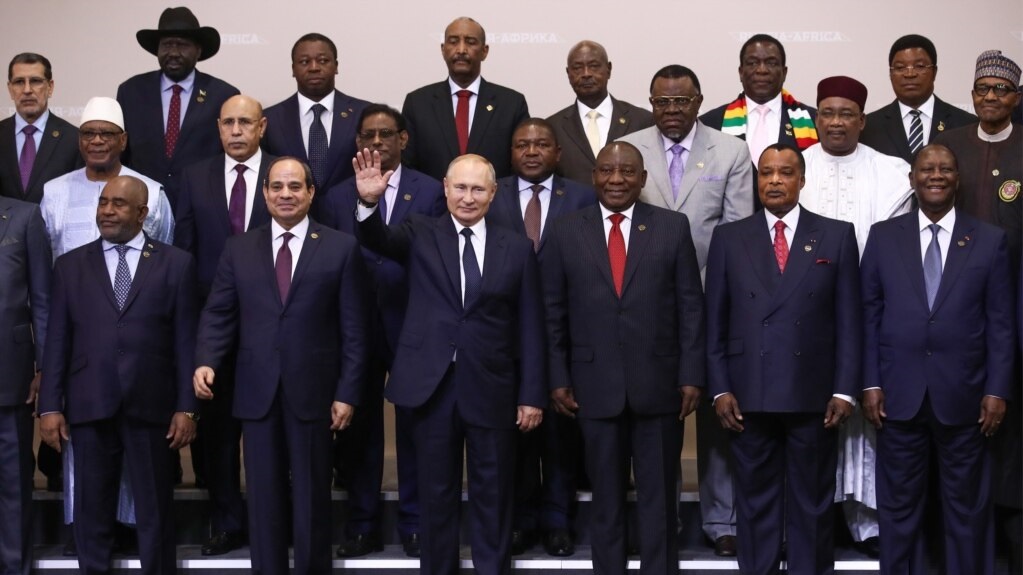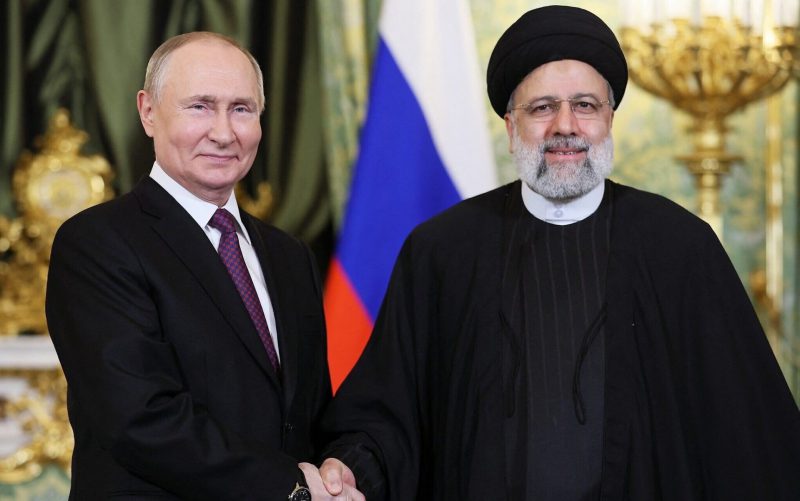The BRICS economic alliance has taken a massive step as the group has unveiled a new trade model to replace the US dollar across all member nations. Indeed, both Russia and Iran have announced a landmark trade agreement that should have massive implications for the greenback.
There has been no shortage of trade agreements signed throughout 2024. Russia has led the way. Moscow has met with the likes of North Korea, India, and Iran to explore increased de-dollarization efforts. Specifically, they have sought to create new trade mechanisms that will no longer rely on the dollar.


Also Read: New Country Shows Interest To Join BRICS Before 2024 Summit
BRICS to Launch Trade Agreement to End US Dollar Reliance?
The BRICS alliance has dominated geopolitical discourse for the last several years. In 2023, it instituted its first expansion effort since 2001. That saw Iran, Egypt, Ethiopia, and the United Arab Emirates (UAE) join the fray. Subsequently, those countries have embraced the bloc’s continued de-dollarization approach.
After Russia and India announced renewed discussions for trade relations outside of the dollar, the BRICS bloc has unveiled a new trade model to replace the US dollar across all members. Specifically, Moscow and Iran have debuted what could be a landmark trade agreement.
In a recent interview, Plekhanov Russian University of Economics professor, Ilya Zaripov, discussed the work being done by the alliance. Specifically, he discussed how local currencies will benefit from the dealings.


Also Read: BRICS: 3 Countries Receive Invitation To Attend the 2024 Summit
Iranians will be able to withdraw rubles from their cards in Russia, and Russians will be able to get reals from cards issued by Russian banks,” Zaripov said of the plan. “This will boost mutual tourist flow, and business contacts, and create a base for joint investment projects.”
The move is certainly beneficial to BRICS collaboration. Moreover, it could be a model all countries could follow. It would allow greenback usage to plummet within business dealings. Especially as the currency becomes valued by members within the bloc. The benefits should only magnify with the arrival of a native alliance payment system.





